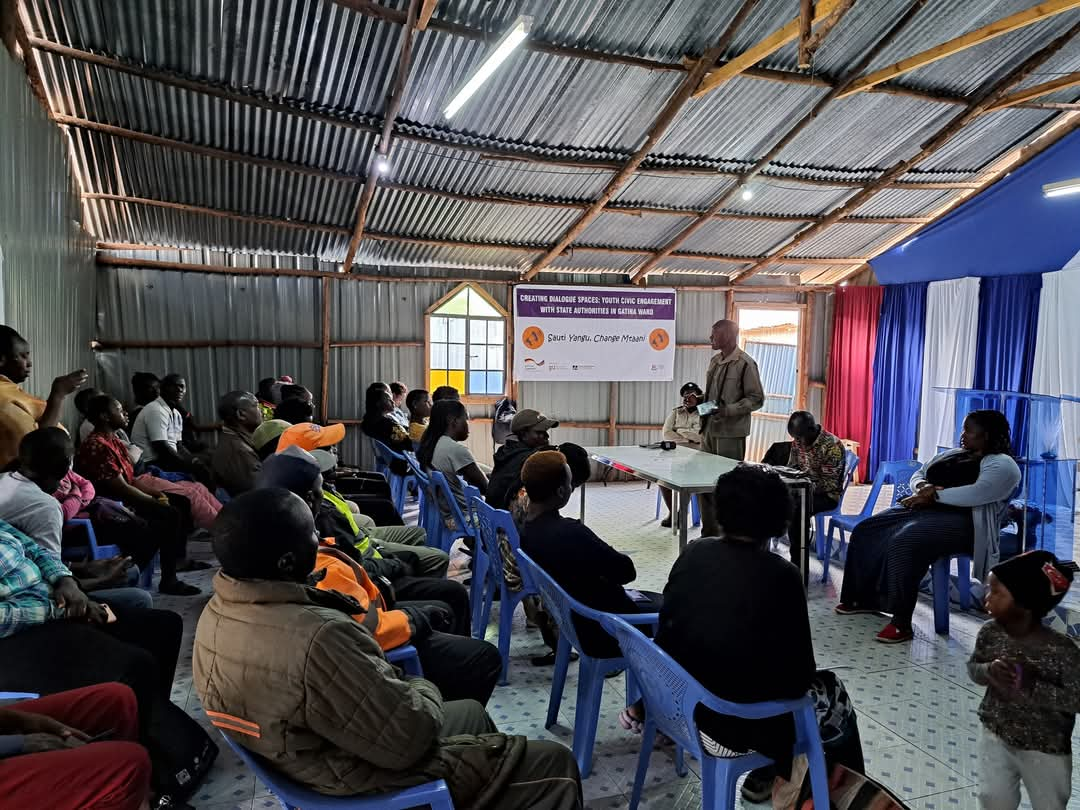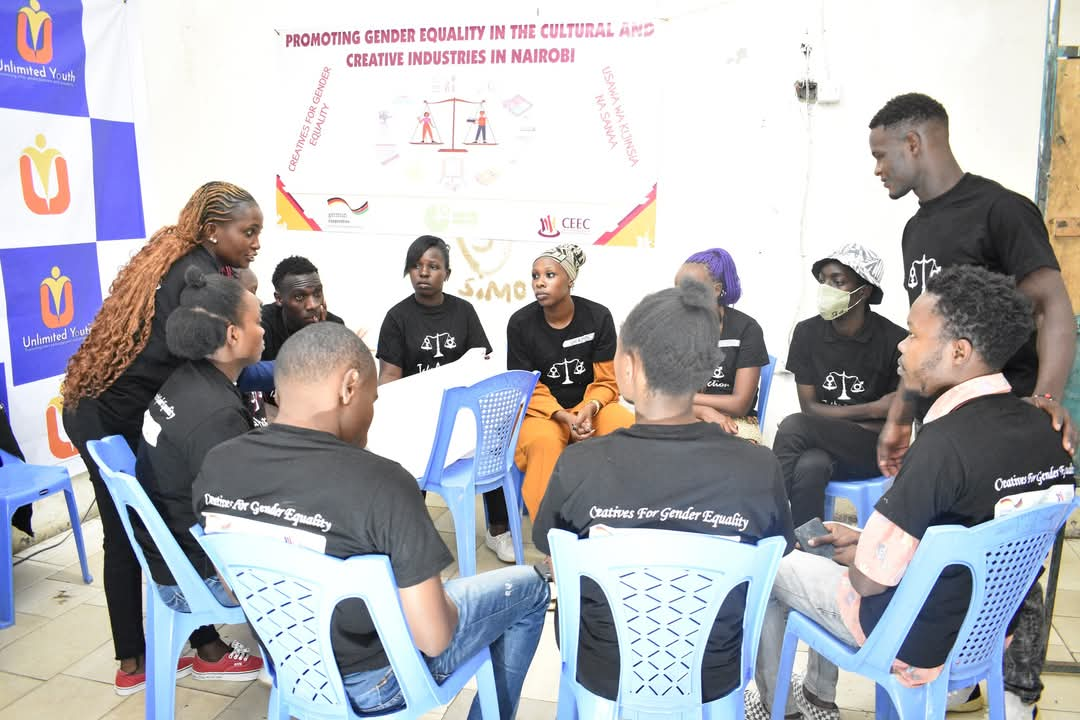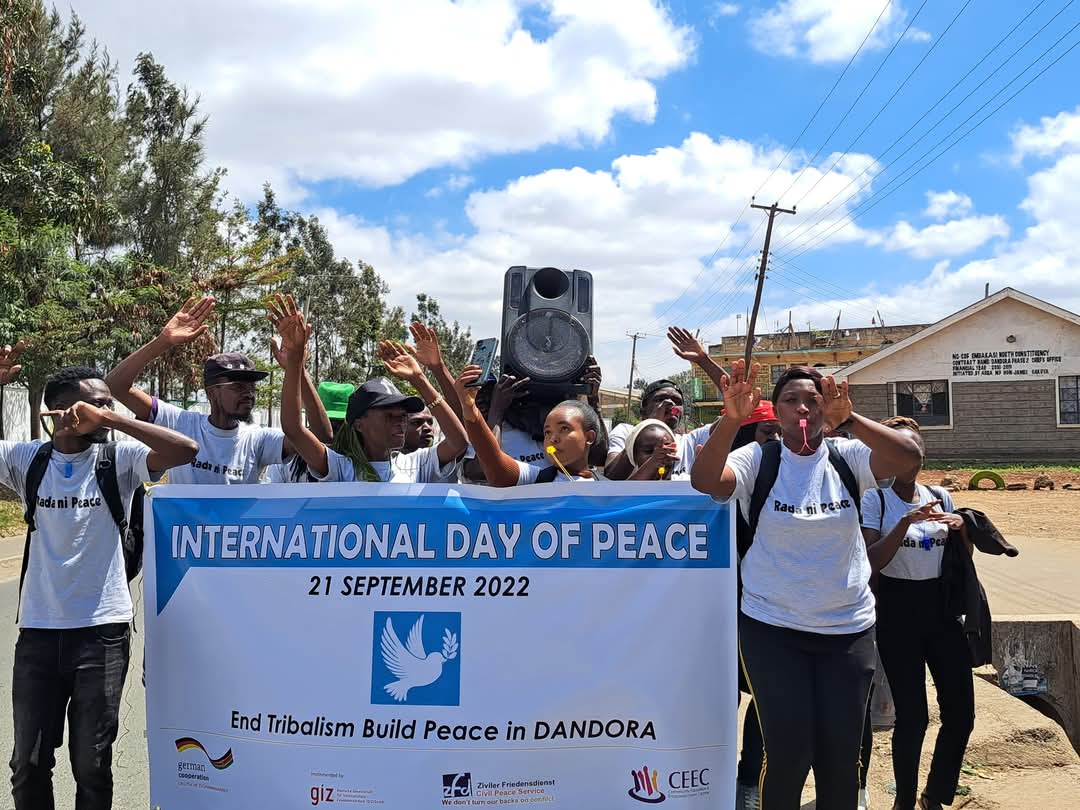Our Programs

Good Governance
Strategic Objective: To empower communities to actively participate in governance processes, and strengthen the capacity of duty bearers to effectively discharge their mandate.
Good governance is essential for economic development and social stability. It is characterized by principles such as transparency, participation, rule of law, equity, and inclusivity. However, women and youth are least represented in governance structures and are therefore at the periphery of civic engagement. This results in social problems such as marginalization, exclusion, gender-based violence, unemployment, crime, and poverty. CEEC aims to contribute to good governance by promoting civic engagement as well as inclusive participation of all members of the society, especially women and youth in leadership. This involves, among other things, civic/voter education, strengthening the capacity of elected leaders to effectively discharge their mandate, dialogue forums between right holders and duty bearers, facilitating civic engagement using social accountability tools, which includes citizen participation in budget making processes, and lobbying for the provision of essential services.
Gender Equality
Strategic Objective: To contribute to a society where everyone regardless of gender has equal access to resources, opportunities as well as equal representation and participation in social, economic and political sphere.
The Kenyan Constitution has a very progressive Bill of Rights, which provides in Article 27 for equality of men and women before the law; equal protection and benefit of the law; and equal opportunities in political, economic, cultural and social spheres. However, realization of gender equality is hampered by a deep rooted patriarchal social order which manifests in factors such as discriminative gender norms, ignorance, entrenched gender stereotypes, limited access to information, resource constraints, failure to enforce laws and policies on gender equality, and lack of political goodwill. This program aims at enhancing the capacity of communities to understand and address these obstacles.


Human Rights
Strategic Objective: To promote the protection and respect of the fundamental rights and freedoms of all individuals.
Protecting and promoting human rights is fundamental in creating a just and equitable society. Kenya’s 2010 Constitution has a progressive Bill of Rights that provides for specific rights for Children, Youth, Persons with Disability, Minority and Marginalized Groups as well as Older Members of Society. However, the country has a history of rampant violation of these rights by both state and non-state actors, with little or no redress. Examples include police brutality against the youth especially in Nairobi’s informal settlements; violation of women’s property rights; and exclusion of segments of the society including women and youth from political leadership and other developmental processes. CEEC aims to build the capacity of right holders on the one hand to claim and defend their rights, and on the other hand, strengthen the duty bearers to fulfill their obligation of respecting, protecting and promoting the human rights of all individuals.
Peacebuilding
Strategic Objective: To build communities capacities to address the root causes of conflict, manage diversity and promote social cohesion.
Kenya has experienced different forms of conflict since independence, which include ethno-political skirmishes, resource-based disputes, conflicts related to infrastructure developments and the extractive industry, as well as violent extremism. Yet, it is evident that sustainable development cannot be achieved in the absence of peace, and lasting peace can only be realized through the involvement of all segments of society. In alignment with CEEC’s vision, this program seeks to enhance communities’ capacities to effectively participate in peace processes, thus promoting harmonious co-existence. This involves implementing initiatives that enhance respect for diversity, de-escalate ethno-political tensions, curb electoral violence, and address other forms of violence in the private and public spheres. A crucial component of CEEC’s approach is enhancing the participation of all members of the society in these initiatives, particularly historically marginalized groups such as women and youth. This is based on CEEC’s firm belief that sustainable peace and development can only be achieved through participatory, inclusive and community driven initiatives.

